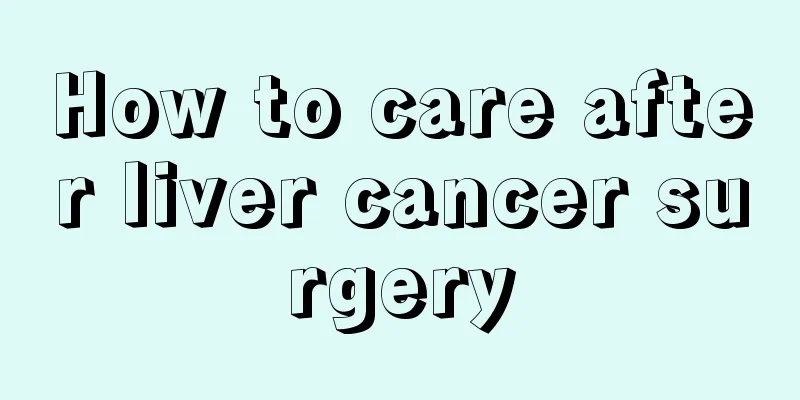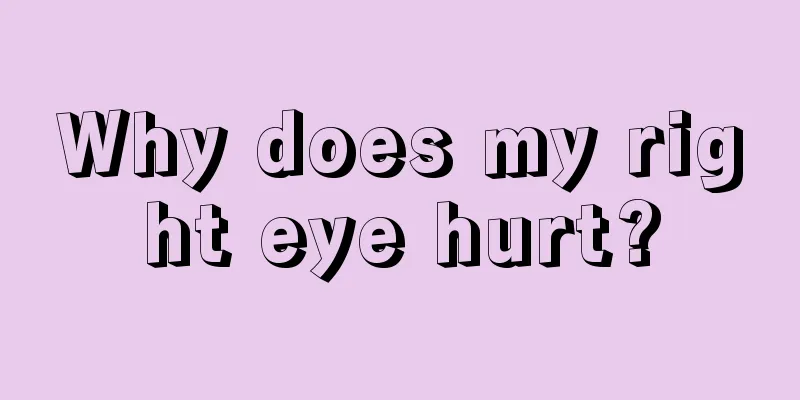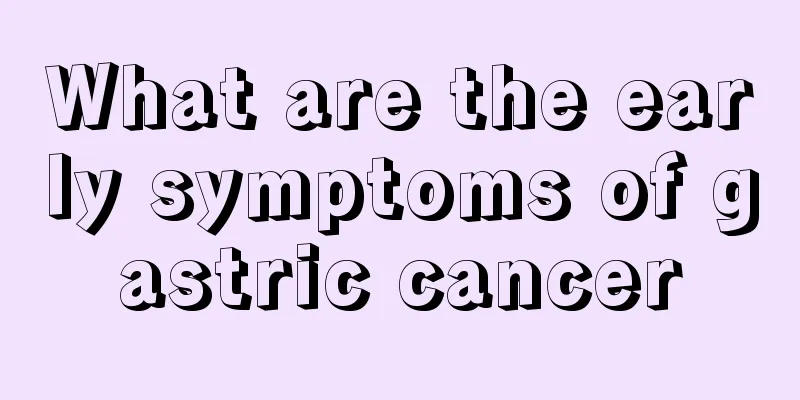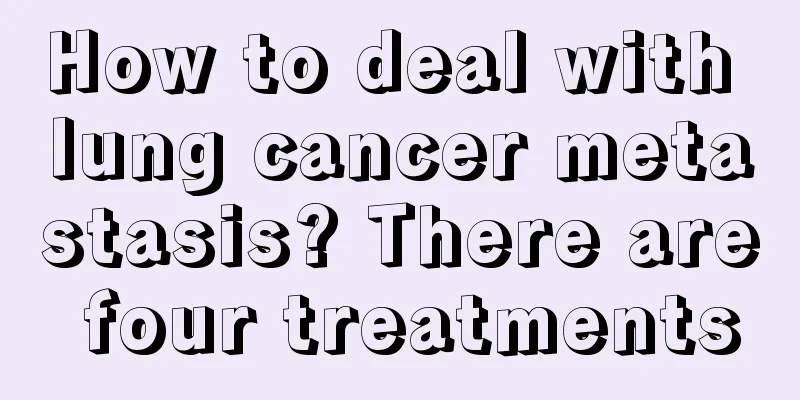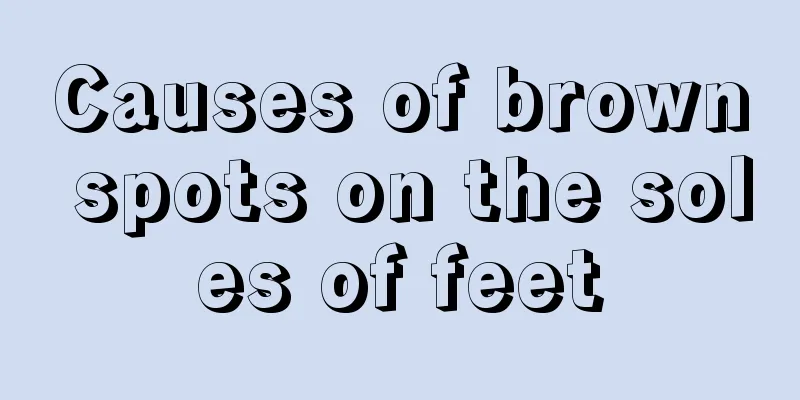Sinus tachycardia and nervousness have these symptoms

|
Sinus tachycardia caused by tension is a physiological disease. It usually lasts for a short time and will not cause too much harm to the human body, so there is no need to worry. However, if the sinus tachycardia is caused pathologically, special attention should be paid, as it is extremely harmful to the patient and must be treated actively. 1. Causes Physiological factors: Physiological sinus tachycardia is an "adaptive" phenomenon. There are many factors that affect heart rate, such as normal human physical activity, emotional excitement, a full meal, drinking strong tea or coffee; smoking and drinking can excite the sympathetic nerves and accelerate the heart rate. Changes in body position, such as standing up, excite the sympathetic nerves and increase the heart rate; while lying down, the heart rate slows down. Sinus tachycardia caused by physiological factors is often transient and short-lived. 2. Clinical manifestations 1. Symptoms and signs: There are no special symptoms. It is often caused by other diseases. Its clinical symptoms are related to the degree to which the increased heart rate affects hemodynamic disorders and is also related to the basic heart state. When the heart rate increases slightly, cardiac output increases, the heart's working efficiency increases, and the patient may not have any symptoms. When the heart rate is too fast, the patient may experience symptoms such as palpitations, shortness of breath, chest tightness, irritability, and even chest pain. Symptoms also vary greatly from person to person. Normally, the heart's working efficiency is maximum when the heart rate increases from about 70 beats/minute at rest to about 2.5 times (180 beats/minute). When it exceeds 180 beats/minute, the heart's working efficiency is significantly reduced and cannot meet the body's needs. This is because when the heart rate is >180 beats/minute, myocardial oxygen consumption increases significantly, coronary blood flow decreases (more obvious in patients with coronary heart disease), the end-diastole is shortened, ventricular filling decreases, and cardiac output per beat decreases. The heart rate increases to 100-150 beats/minute, and in a few people it can reach 160-180 beats/minute. Physiological ones are mostly transient; if caused by organic heart disease, the tachycardia will last longer. The apex beat is strong, the heart sounds are enhanced, and the carotid artery pulsation is obvious. 2. Complications: Often caused by other diseases, so the complications are related to the causes. Common complications include corresponding critical symptoms such as acute pulmonary edema, heart failure, cardiogenic shock, etc. If tachycardia lasts for a long time, the heart rate is too fast or people with underlying heart disease may experience symptoms such as dizziness, syncope, and blackouts. |
<<: How to solve low blood pressure caused by anemia
>>: How to identify nail melanoma
Recommend
What are the examinations for fibroids
Maybe many people have not heard of fibroid disea...
Common causes of airway obstruction in patients with laryngeal cancer
Laryngeal cancer patients often experience breath...
Thyroid cancer patients cannot use skin care products
Thyroid cancer patients can use skin care product...
Orange peel removes acne
Many people are prone to acne on their faces, whi...
The difference between spine and lumbar vertebrae
The spine and lumbar spine are the most important...
What should you pay attention to in your diet for fibroids
Many friends who suffer from fibroids do not know...
TCM diagnostic criteria for gallbladder cancer
Patients with gallbladder cancer lack specific cl...
Are high heels harmful to health?
I believe that many female friends have the exper...
Is 30 to 40 cm esophageal cancer serious?
Esophageal cancer is 30 to 40 cm away from the fr...
What should patients with nasopharyngeal cancer eat to nourish their lungs? What should they pay attention to in their daily lives?
Nasopharyngeal cancer is already a common disease...
How do I know if I have ovulated
Everyone knows that it is very easy to get pregna...
What is the best way to treat red prickly heat?
Everyone knows that people are more likely to get...
Side effects of retention needles
In children's hospitals, we often see many ch...
Calf fibroma
Some people may find small bumps under their skin...
Should I polish my teeth after washing them
Teeth cleaning and maintenance is a relatively co...

